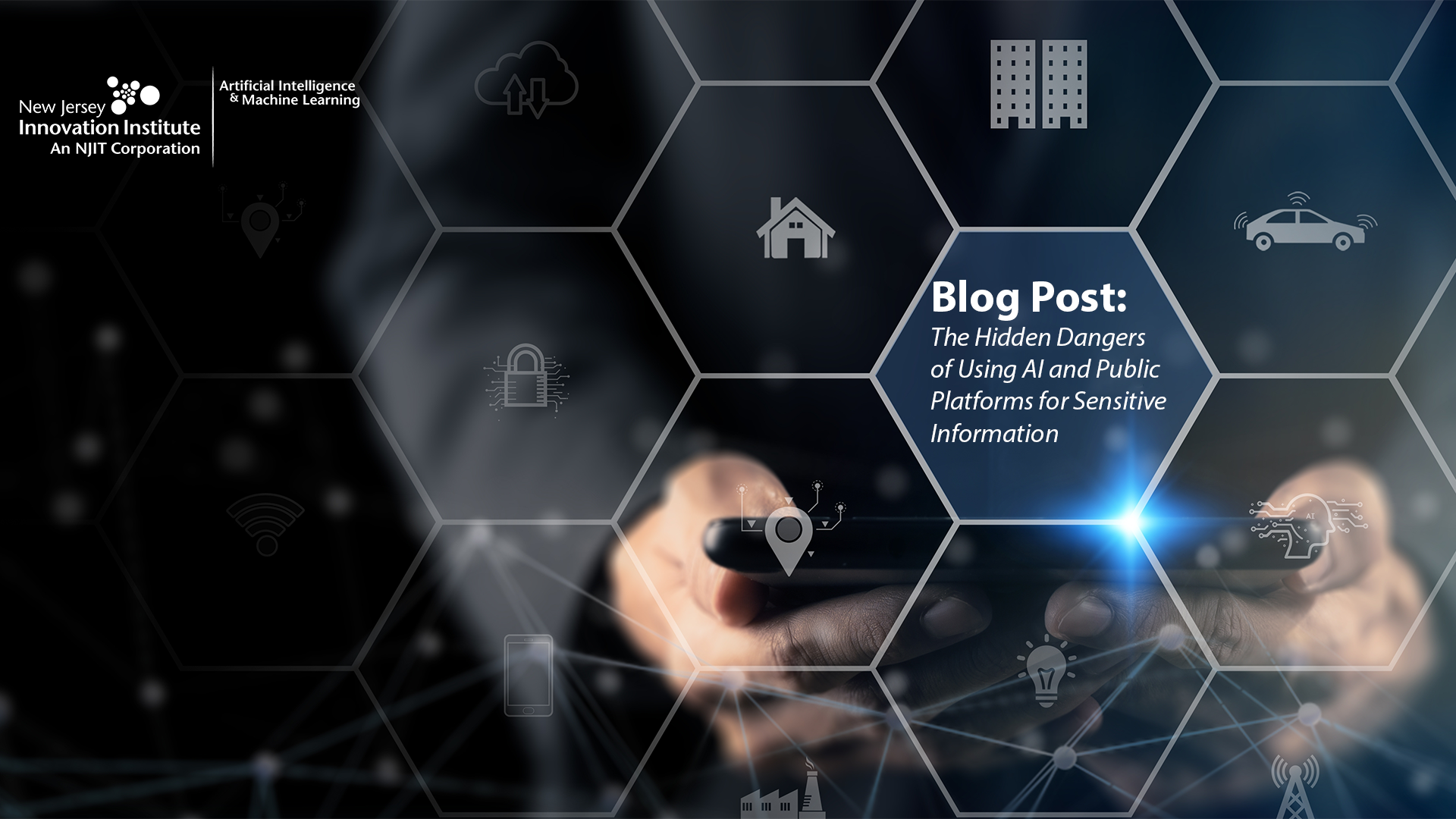In today’s digital age, the integration of artificial intelligence (AI) into various sectors has revolutionized how we process and manage information. However, with great power comes great responsibility, especially when dealing with confidential, sensitive, and regulated information such as personal health information (PHI) and personal financial investment (PFI). The use of AI and public platforms for processing such data presents significant risks that organizations must address to protect privacy and comply with regulations.
Privacy Risks in AI
As AI technology advances, so do the risks associated with personal data exposure. AI systems often collect and process sensitive information, which can lead to privacy violations if not managed properly. Key risks include the collection of sensitive data without consent, data exfiltration and leakage, and unchecked surveillance and bias. These issues can result in discrimination and wrongful actions based on AI decisions.
Risks in Document Processing
AI document processing can inadvertently lead to data breaches if sensitive information is mishandled. A notable example is the data breach at TaskRabbit, where personal information of millions was exposed due to inadequate security measures. To mitigate such risks, organizations should implement strong encryption, access controls, and conduct regular audits of AI systems to ensure compliance with data privacy regulations.
Risks of Sharing Personal Health Information on Public Platforms
The sharing of patient information on public platforms, such as social media, can compromise privacy and violate regulations like HIPAA. Unauthorized disclosures can lead to potential legal repercussions, emphasizing the need for healthcare professionals to avoid sharing any identifiable health information without explicit patient consent. The General Data Protection Regulation (GDPR) further underscores the importance of consent and anonymization when sharing patient data, with violations leading to significant fines and reputational damage.
Confidentiality Concerns with AI Chatbots and Personal Data
AI chatbots, often used to handle sensitive personal information, raise concerns about unauthorized access and data breaches. A survey revealed that 73% of consumers worry about their data privacy when interacting with chatbots. Key privacy concerns include unauthorized access to user data, data misuse for profiling without consent, and challenges in regulatory compliance with laws like GDPR and CCPA. Organizations should implement strong data protection measures, including encryption, secure transmission protocols, and robust access controls to safeguard sensitive information.
Regulations on Handling Personal Financial Information with AI
The Personal Financial Data Rights rule requires banks to make consumer data available, enhancing competition but also posing risks if not managed properly. Banks must leverage AI responsibly to ensure compliance with data protection regulations while enhancing customer service and risk assessment.
Conclusion
The use of public platforms and AI for processing sensitive information poses significant risks, including privacy violations, data breaches, and legal repercussions. Organizations must implement robust data protection strategies and adhere to regulatory requirements to safeguard personal information effectively.
At NJII, we understand the complexities and challenges of managing sensitive information in the digital age. Our team of experts is dedicated to helping organizations navigate these challenges by providing tailored solutions that ensure compliance and protect privacy. Connect with us today to learn how we can help you safeguard your sensitive data and maintain the trust of your clients.
